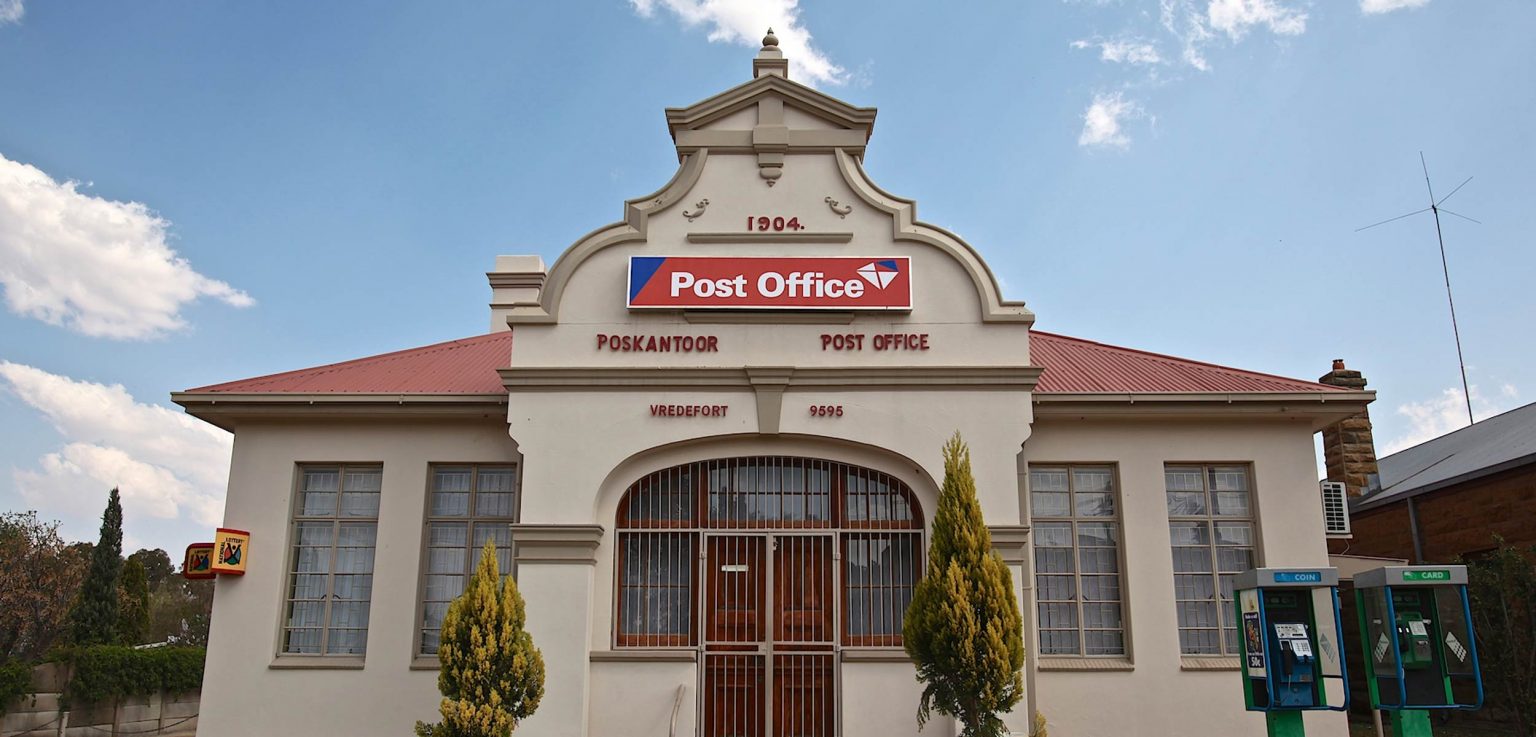The South African Post Office has for the second time applied to the Unemployment Insurance Fund’s Temporary Employer/Employee Relief Scheme (Ters) for financial assistance following national treasury’s decision in October not to allocate R3.8-billion to the ailing state-owned postal service.
The Post Office has been in business rescue – a form of bankruptcy protection – for the past 18 months.
Get breaking news from TechCentral on WhatsApp. Sign up here
The Covid-19 Ters fund was created to help struggling businesses retain employees during the pandemic lockdowns. Should the second application by be approved, 75% of the salary bill for bargaining council employees will be paid by the fund, with 25% paid by the Post Office for a period agreed to by the fund (not longer than 12 months).
The company’s first application to the Ters relief fund was rejected back in May. The business rescue practitioners did not disclose why this application was rejected or why they believe this second one has a better chance of success.
Speaking to TechCentral on Thursday, Louise Brugman, a representative for the Post Office’s business rescue practitioners, Anoosh Rooplal and Juanita Damons, said the company is operating under strict austerity measures.
She said discussions over the granting of the R3.8-billion are now taking place with the department of communications & digital technologies and national treasury.
Without this funding, the business rescue plan cannot succeed – and the Post Office could go to the wall.
“The Post Office has received an acknowledgement that the Ters application has been received and is being considered,” said Brugman. She said the business rescue practitioners have “achieved so much”, suggesting it would be a shame if that work was in vain.
Key objectives
“Why break this rhythm and lose all the assets, especially the non-tangible ones? This investment (the bailout money) is essential to optimise the government’s existing infrastructure network and enhance the lives of all South Africans,” Brugman said.
According to Brugman, the business rescue team has delivered a number of key objectives to restore the Post Office to health. This was on the back of a R2.4-billion funding tranche granted by treasury in 2023. She said the Post Office has, among other things:
- Slashed its salary bill and cut its staff numbers from more than 12 000 to less than 5 000 people;
- Completed a data centre migration project; and
- Completed payments owing to retrenched employees.
She said although the Post Office is operational – it is delivering mail and parcels – the R3.8-billion requested from national treasury is needed for the modernisation of its systems to be completed.
Read: Plan to save thousands of Post Office jobs fails
These funds would be channelled towards upgrading office hardware and infrastructure, acquiring new fleet management systems, the development of an electronic registered mail system and the transfer of company-owned properties into a holding company, said Brugman.
 Another key objective is the pursuit of “strategic as well as unsolicited partnerships with private sector entities to bolster capabilities and resources”, said Brugman. “We want to partner with private entities because the Post Office has a wealth of assets to offer, but they must offer something back.”
Another key objective is the pursuit of “strategic as well as unsolicited partnerships with private sector entities to bolster capabilities and resources”, said Brugman. “We want to partner with private entities because the Post Office has a wealth of assets to offer, but they must offer something back.”
Brad Gilmour, director of sales and technical services at Registered Communication (RegCom), a specialist in electronic registered mail, said the Post Office should focus on pursuing public-private partnerships based on the services it wants to offer to the market. He said one form these partnerships could take is a revenue-share model.
According to Gilmour, private companies are by default driven to make sales and maximise profit and the Post Office can benefit from this by offering to share its infrastructure in return for a share in revenue. He said the margins for both parties will be less using this model, but both will benefit from increased sales volumes.
Gilmour said RegCom has submitted at least four proposals to the Post Office since 2016 suggesting different ways in which the two entities could partner to supply registered electronic communications services to entities in both the public and private sectors, but the Post Office never responded. He also criticised government’s perceived desire to “maintain too much power”, which results in a rigid attitude towards collaboration with the private sector.
He said although communications minister Solly Malatsi has spoken of the need for public-private partnerships, the will to implement these at company level is not there.
Brugman, on the other hand, said the Post Office wants to cultivate strategic alliances, prioritise mutually beneficial partnerships, preserve key assets for long-term value and seek “committed collaborators”.
Read: Fate of the Post Office hangs in the balance
“We want to pursue collaborators that deliver tangible and equitable value. We will partner with entities that demonstrate a genuine commitment to the revitalisation and success of South Africa’s Post Office, fostering a shared vision for the future.” — © 2024 NewsCentral Media
- Main image: Leoa’s Photography





